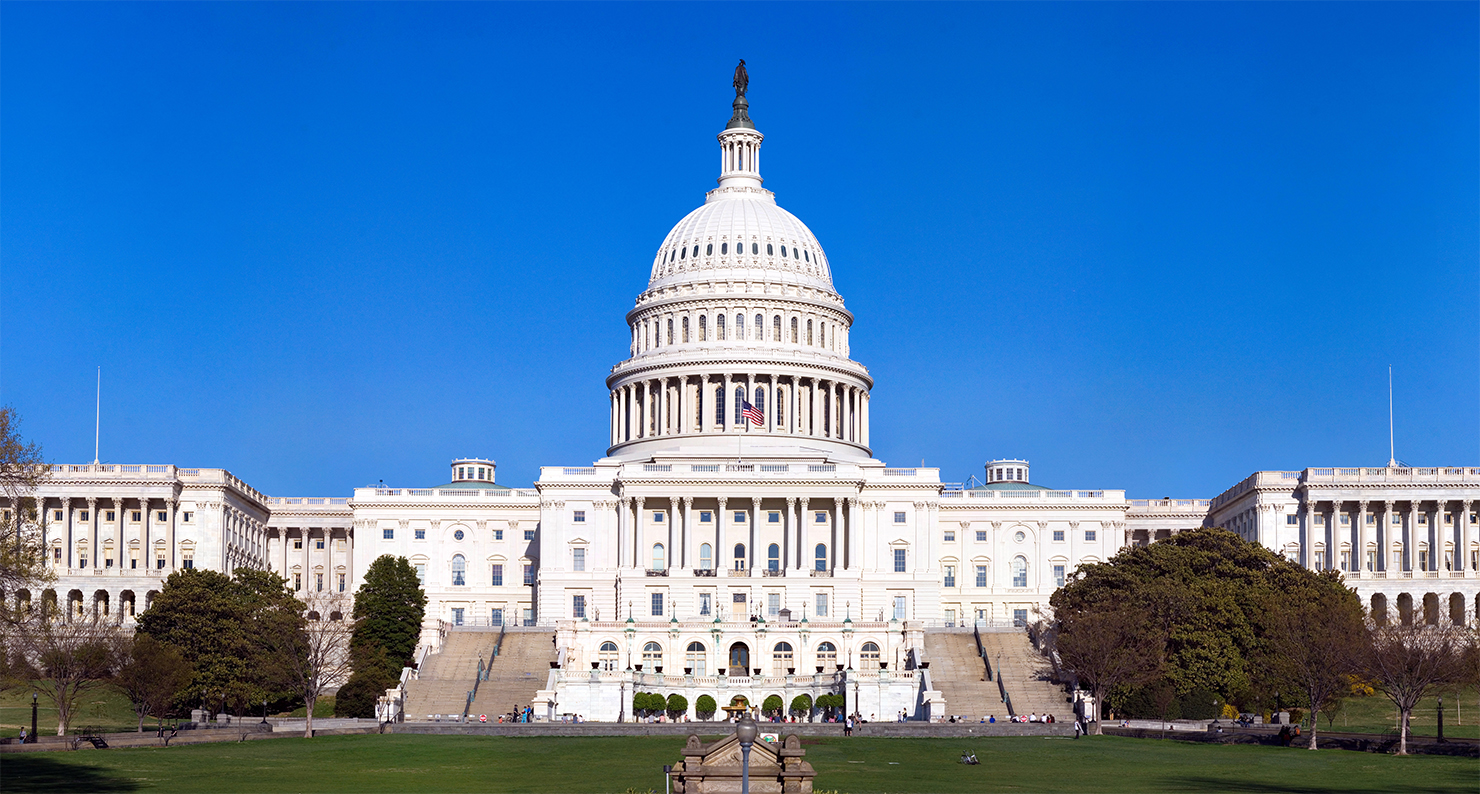
The western front of the United States Capitol. (via Noclip)
In case you haven’t heard, the United States Government is closed for business. How did the Founding Fathers allow this to happen? Has it ever happened before? Without the Library of Congress, how will we find ourdaguerreotype boyfriends? What will become of the Panda Cam?
Here, we explain the history behind some of your most pressing shutdown questions.
Q. Is the government even allowed to shut down?
A. Yes, in large part because of early nineteenth-century spats between Congress and the President. “Those who disburse the money are like a saucy boy who knows his grandfather will gratify him, and over-turns the sum allowed him at pleasure,” remarked Virginia Representative John Randolphin 1806. The saucy boy scolded by Randolph was the Executive Branch, which had fallen into the habit of making contracts without waiting for Congress to approve the budget, something the legislative branch pointed out was expressly forbidden by the Constitution.
By 1870, Congress had had enough, and passed the Anti-Deficiency Act, which made it clear that any money spend had to be approved by the Executive Branch and the legislature:
It shall not be lawful for any department of the government to expend in any one fiscal year any sum in excess of appropriations made by Congress for that fiscal year, or to involve the government in any contract for the future payment of money in excess of such appropriations.
Revisions of the Act in 1905 and 1906 introduced penalties for violations. The most recent version was released in 1982, and includes a provision that prohibits government employees from working on a volunteer basis during any potential shutdown.
Q. Has the government ever shut down before?
A. At least three times, all more than a hundred years after the introduction of the Anti-Deficiency Act. Throughout most of the early twentieth century, government officials simply forged on when they couldn’t come to budget agreements—pay for agency workers might be delayed, but the idea of a full-scale shutdown was unthinkable.
In 1980, Jimmy Carter asked his Attorney General to look into the Act, and the results were shocking to many government officials (who’d never even heard of it). It was decreed that if a budget failed to be set, employees of the federal government had to be sent home immediately. Any agency head who tried to keep his or her department operational would face criminal prosecution.
In 1981, The first official shutdown came a year later under President Ronald Reagan—workers got half a day off before lawmakers came to terms (and spent an extra 80 million dollars on the shutdown itself). These half-day closures happened twice more during the Reagan and Bush years.
Mortal enemies Bill Clinton and Newt Gingrich brought the country two shutdowns during the 1990s, one lasting six days in November of 1995 and another at the end of that year stretching to almost three weeks . In addition to vast disagreements over the running of the nation’s finances, Gingrich publicly linked his unwillingness to compromise to a snub by Clinton—on a trip from Jerusalem to Washington, he claimed, Clinton had made him sit at the back of Air Force One. (The President later issued a bewildered apology).
Q. But what about the pandas? And Yellowstone? And space?
A. The National Zoo (the Panda Cam was dark as this piece went to press),National Parks, NASA—all non-essential, according to shutdown provisions, but there is one obscure 1861 law that makes it easier for presidents to do things like keep the military in working order during a government closure.
Worried about the Union’s ability to set and keep to budgets and how those budgets might affect men fighting in the Civil War, the Feed and Forage Act of 1861 allowed troops to continue purchasing grain for horses on credit—in practice, it allowed soldiers to take grain directly from farmers and tell them the paymaster would be around someday to settle up.
The Feed and Forage Act has been invoked during the Vietnam and Persian Gulf Wars and in the months following the September 11th attacks—it allows the President to purchase “clothing, subsistence, forage, fuel, quarters, transportation, or medical and hospital supplies” even if no budget has allocated for them.